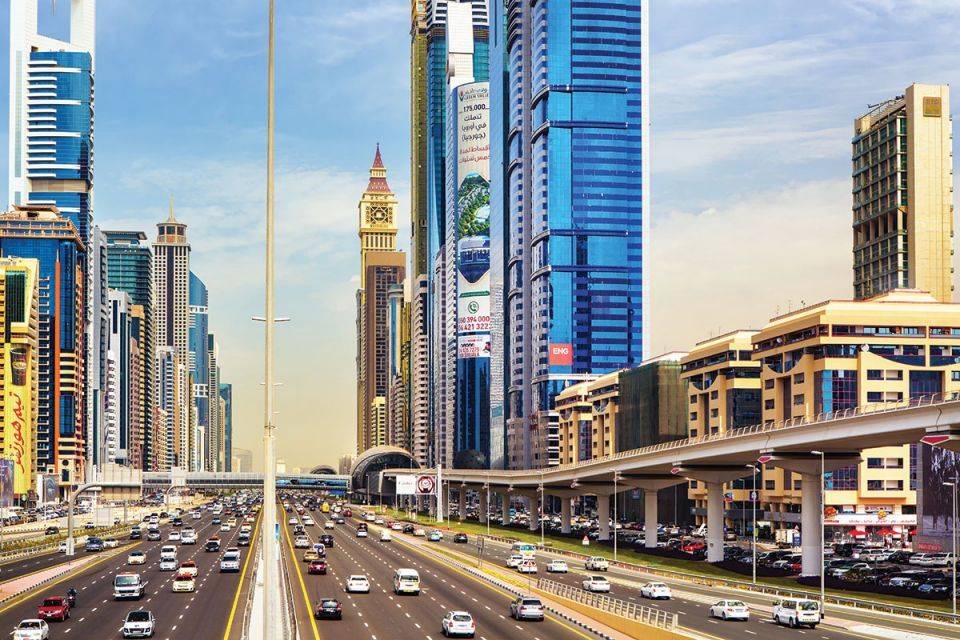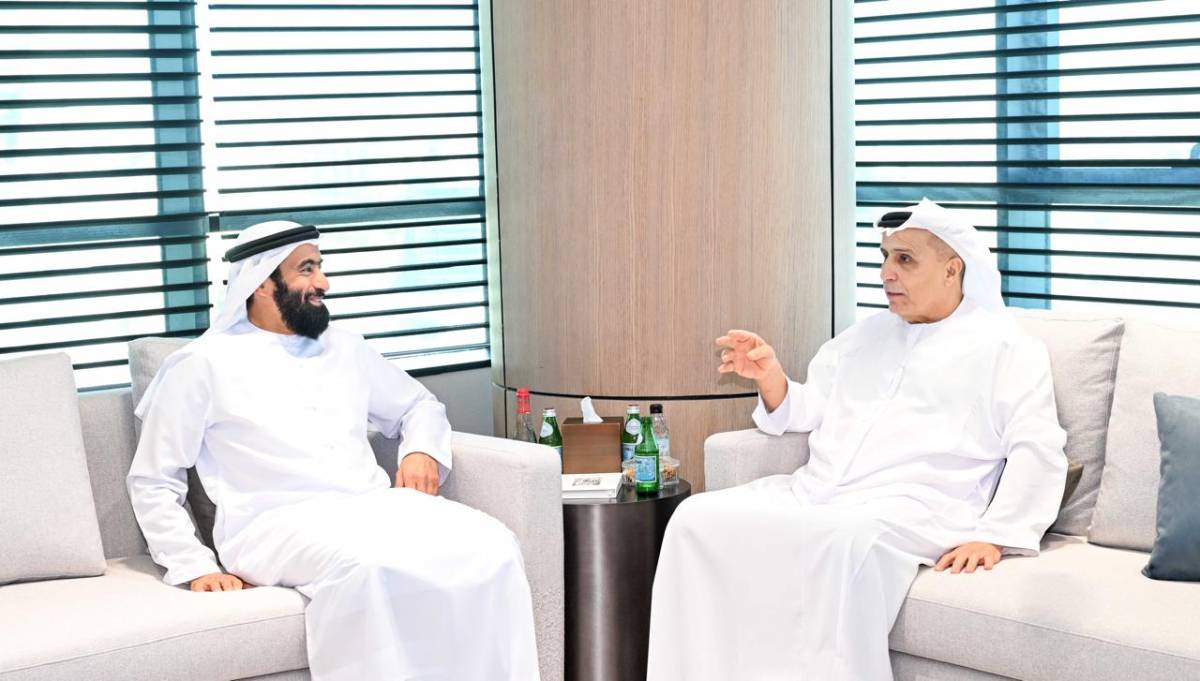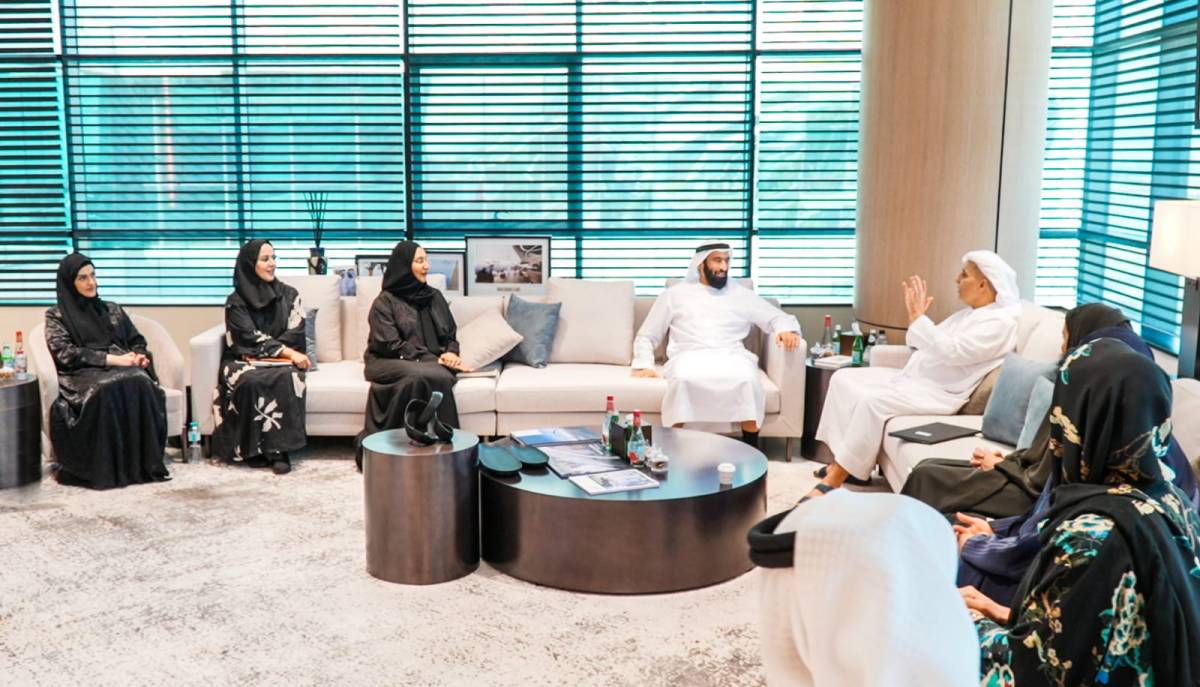Dubai: Remote work, flexi-hours can drive down morning traffic by 30%
Results of surveys covering 644 companies and 12,000 employees released

DUBAI: Dubai’s morning peak travel time can be decreased by 30 percent following the city’s implementation of flexible working hours and remote work policies, according to a recent study from Dubai’s Roads and Transport Authority (RTA) and the Dubai Government Human Resources (DGHR) Department.
This initiative is part of the emirate’s broader plan to enhance transport efficiency, balance business productivity, and improve residents' quality of life.
Impact of New Policies
The comprehensive surveys included feedback from 644 companies and over 12,000 private sector employees, revealing that 32 percent of Dubai’s private sector companies now offer remote work options. Additionally, 31 percent of companies have adopted flexible working hours, allowing more adaptable start times and easing the strain on transport networks during rush hours. Another 58 percent of companies indicated they are ready to expand remote work policies.
Reductions in Traffic
The study revealed that expanding remote work to 20 percent of a company’s workforce could decrease traffic on Sheikh Zayed Road by 9.8 percent and on Al Khail Road by 8.4 percent. Furthermore, implementing flexible start hours with a two-hour window could reduce traffic volume by 5.7 percent on Sheikh Zayed Road and by 5 percent on Al Khail Road.
Overall, these measures significantly contribute to smoother commutes and less congestion on major thoroughfares.

Leadership Support
These results align with the vision endorsed by Sheikh Hamdan bin Mohammed bin Rashid Al Maktoum, Dubai’s Crown Prince, who approved Dubai’s Traffic Flow Plan to manage congestion and ensure efficient mobility.
Mattar Al Tayer, RTA Commissioner General, highlighted the importance of remote work and flexible hours in achieving a balanced and integrated transport system. “Remote work and flexible working hours are among the traffic demand management policies aimed at achieving balance and integration in the transport system,” said Al Tayer.
The strategy forms part of a five-pronged approach that includes enhancing road networks, expanding public transport, developing shared mobility options, and advancing traffic control systems to manage demand effectively.
Work-Life Balance
Abdulla Ali bin Zayed Al Falasi, Director General of DGHR, stated that these flexible policies are integral to Dubai’s vision of creating a world-class work environment and promoting employee well-being. “The survey results offer insights into Dubai’s pioneering, innovative, and flexible model as a leading hub for talent,” he remarked, emphasising that flexible hours and remote work not only reduce traffic but also enhance the quality of life for Dubai’s workforce.
Since the adoption of remote work within Dubai’s government in 2020, 80% of entities now offer the option to work remotely two days a week. Furthermore, 87% of government employees reported that flexible hours better align with their personal needs, while 89.4% stated that these policies improve productivity.

Expanded Flexibility
Dubai’s government bodies now offer additional flexibility, allowing start times between 6:30 AM and 8:30 AM to help reduce peak travel times. Some companies in the private sector also provide employees with multiple days to work remotely each year, contributing to reduced traffic volume during critical hours.
Dubai’s coordinated approach between the RTA and DGHR underscores the emirate’s commitment to establishing a supportive work environment that promotes both productivity and community well-being. As Dubai’s transport policies evolve, the emirate continues to balance business and mobility needs, setting a global example of innovative urban planning and sustainable development.